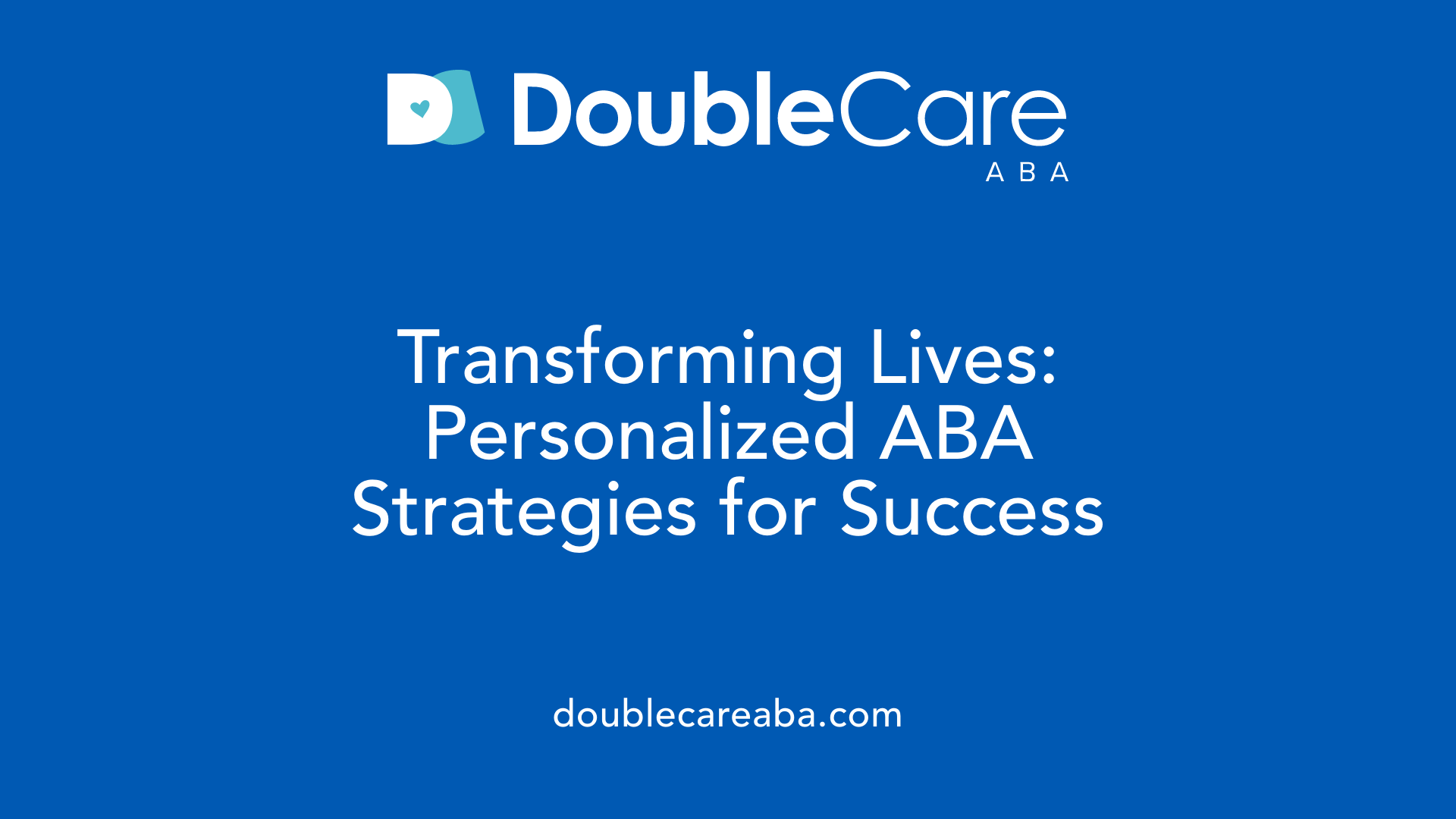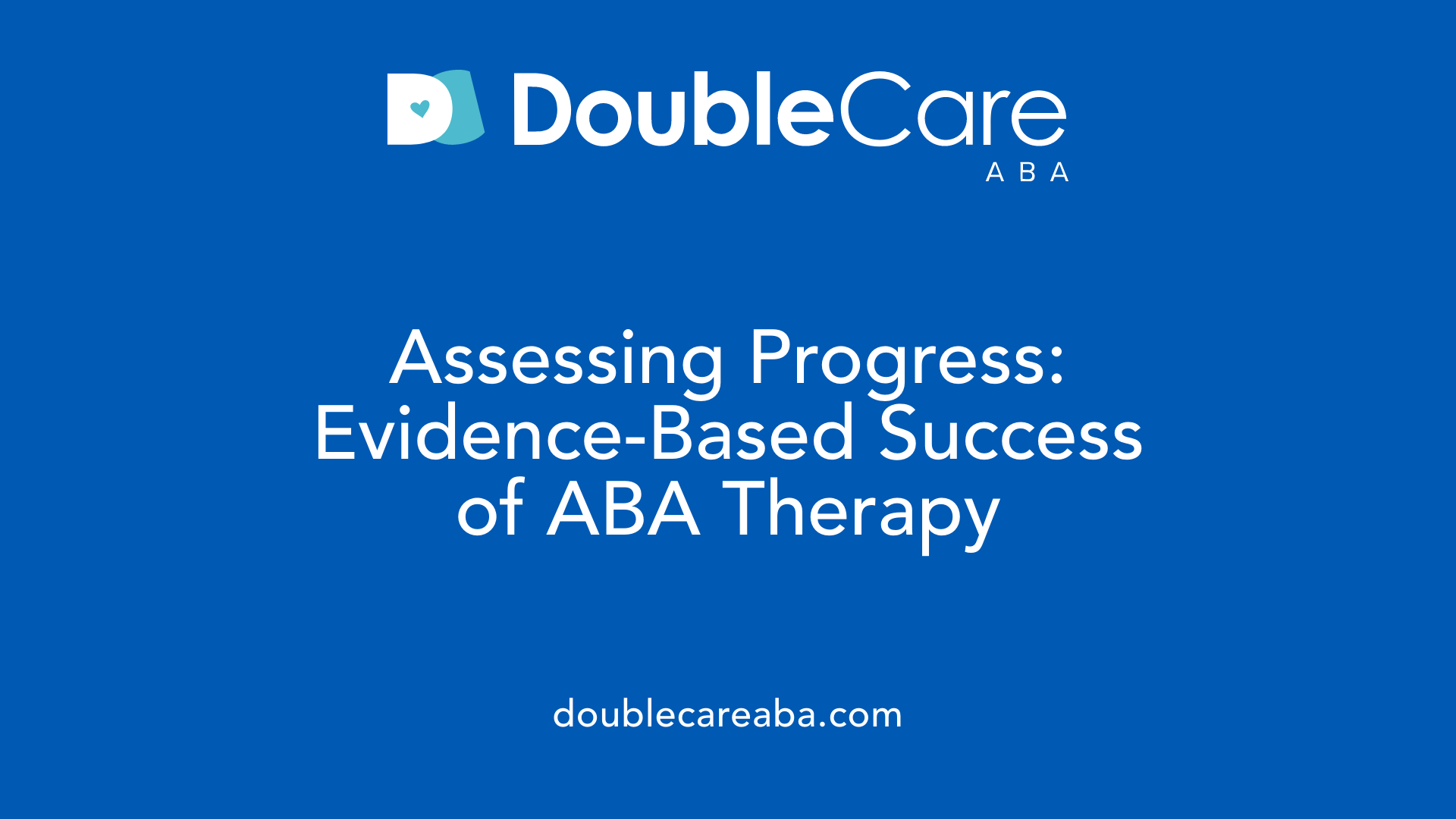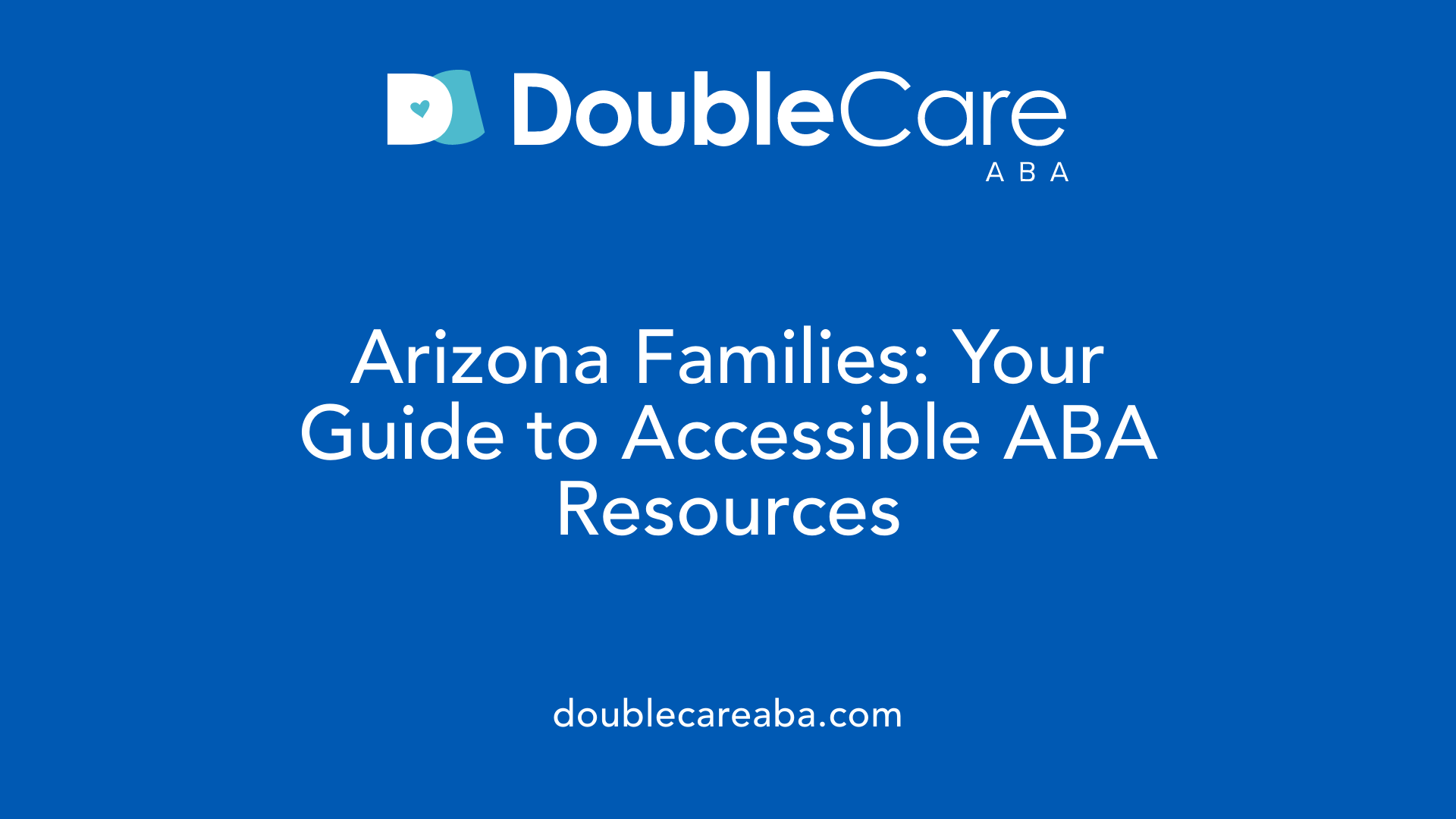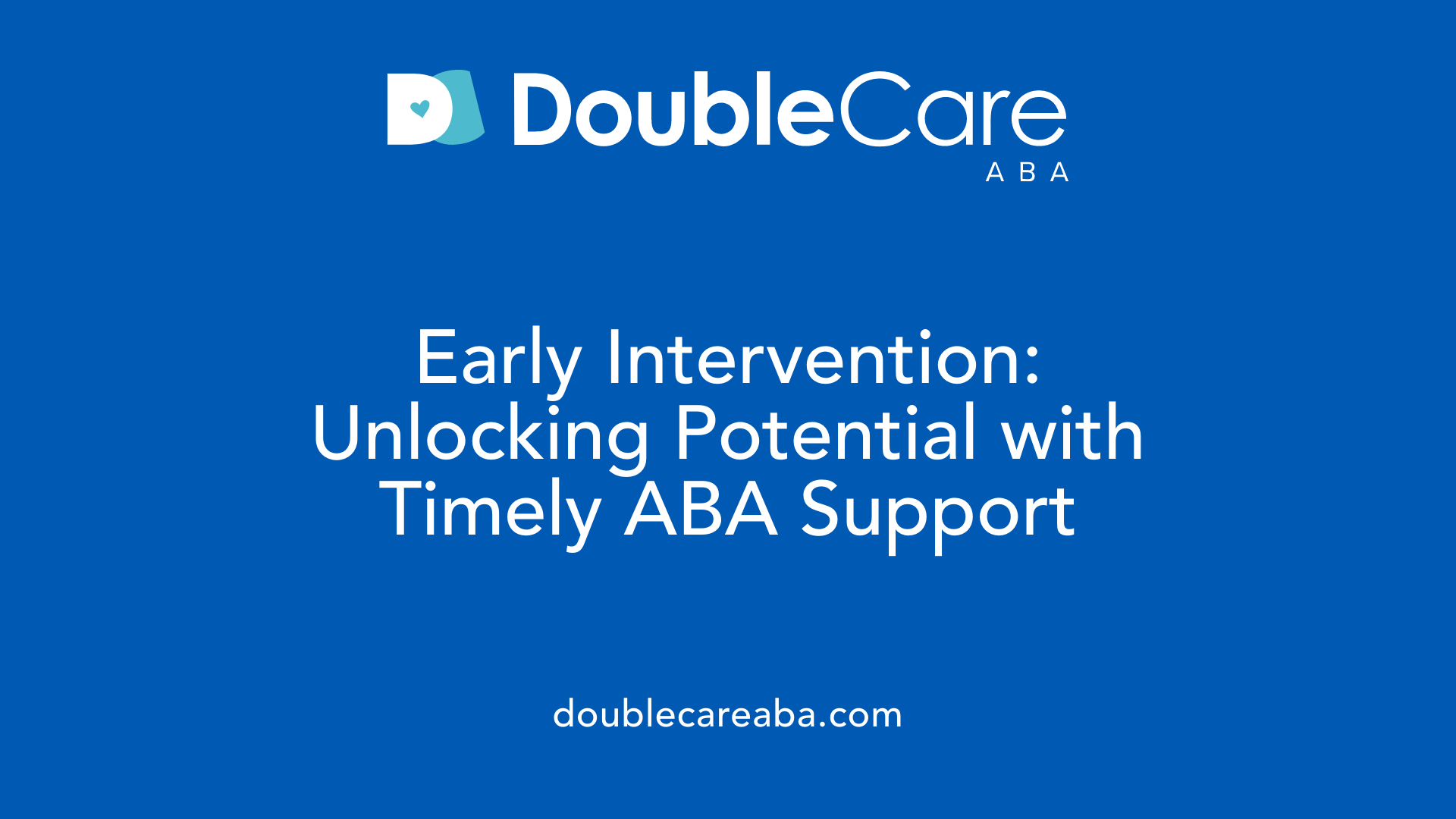Introduction to Autism Support and ABA Therapy in Arizona
Autism Spectrum Disorder (ASD) affects thousands of individuals and families across Arizona, prompting the need for specialized resources and therapies designed to foster development, skill acquisition, and improved quality of life. Among these, Applied Behavior Analysis (ABA) therapy stands out as a scientifically validated approach that benefits many with autism through personalized treatment strategies. This article explores the fundamentals of ABA therapy, its implementation in Arizona, the professionals who provide it, and how families can access these vital services to support their loved ones effectively.
What Is Applied Behavior Analysis (ABA) Therapy?
Understanding ABA Therapy and Its Purpose
Applied Behavior Analysis (ABA) therapy is a scientifically backed approach aimed at helping individuals, particularly those with autism spectrum disorder and other developmental challenges, enhance their behavior and skills. This therapy focuses on improving social interactions, communication, learning capabilities, and reducing problematic behaviors by using evidence-based behavioral techniques.
Techniques and Methods Used in ABA
ABA therapy employs various methods tailored to the individual's needs. Some common techniques include:
- Discrete Trial Training (DTT): A structured teaching method breaking down skills into smaller steps with clear instructions and reinforcements.
- Pivotal Response Treatment (PRT): Focuses on improving pivotal areas like motivation and response to multiple cues to foster broader development.
- Early Start Denver Model (ESDM): An approach designed for very young children, integrating play and developmental activities to promote learning.
These methods use reinforcement strategies to encourage positive behaviors and are adapted based on continuous assessment.
The Role of Board Certified Behavior Analysts
Licensed professionals known as Board Certified Behavior Analysts (BCBAs) lead ABA therapy. They conduct thorough evaluations to understand each individual's unique needs and design customized treatment plans. BCBAs also supervise therapy sessions, train caregivers, and ensure the strategies are effective.
Importance of Early Intervention and Therapy Intensity
Starting ABA therapy early, ideally before the age of four, can significantly influence developmental outcomes. Moreover, therapies that provide more than 20 hours per week tend to yield better progress, helping reduce the necessity for additional interventions later on. Early and intensive ABA therapy supports meaningful improvements in communication, social skills, and overall quality of life.
How ABA Therapy Enhances Lives of Individuals with Autism

How does ABA therapy help individuals with autism?
ABA therapy supports individuals with autism by delivering personalized, evidence-based interventions tailored to their unique needs. This approach focuses on promoting the development of new skills while reducing challenging behaviors that may interfere with daily life.
What personalized interventions are used in ABA therapy?
Personalized interventions in ABA therapy include treatments like Discrete Trial Training, Pivotal Response Treatment, and the Early Start Denver Model. These methods are customized for each individual, ensuring that therapy targets specific areas such as communication, social skills, and behavior management.
How does the use of positive reinforcement and prompting benefit therapy?
ABA relies heavily on positive reinforcement and prompting to encourage desirable behaviors. This means that when a child accomplishes a task or uses a skill correctly, they receive praise or rewards, which motivates them to repeat the behavior. Prompting guides them gently towards desired actions, gradually reducing assistance as independence grows.
In what ways does ABA improve social and communication skills?
ABA therapy enhances social interactions by teaching skills like initiating conversations, understanding social cues, and responding appropriately. Communication skills improve through functional communication training, helping individuals express needs and emotions effectively.
What are the benefits of early intensive therapy?
Early intensive ABA therapy, typically involving over 20 hours per week for young children, can lead to significant developmental gains. Starting therapy before age four maximizes the potential for progress in critical areas like language, cognitive abilities, and adaptive behaviors.
How does ABA therapy enhance independence and quality of life?
By equipping individuals with essential skills, ABA therapy fosters greater independence in daily activities such as dressing, eating, and self-care. These improvements contribute to a higher quality of life, enabling greater participation in family, school, and community settings.
Qualified Professionals Delivering ABA Therapy in Arizona
Who Provides ABA Therapy Services?
ABA therapy in Arizona is delivered by licensed and trained experts, primarily Board Certified Behavior Analysts (BCBAs) and Registered Behavior Technicians (RBTs). These professionals work together under the supervision of BCBAs to ensure effective and specialized care tailored to each child’s unique needs.
Supervision and Qualifications
All ABA therapists operating in Phoenix and across Arizona hold state licenses, demonstrating their professional qualifications. BCBAs are responsible for designing individualized treatment plans based on thorough initial assessments. They oversee RBTs, who provide the day-to-day therapeutic interventions under strict guidelines to maintain high-quality service.
Local Service Providers in Arizona
Organizations such as Succeed ABA are prominent providers within Arizona. Succeed ABA offers in-home ABA therapy, which allows for personalized care in a comfortable and familiar environment. Their team includes experienced BCBAs and RBTs committed to trauma-informed, compassionate treatment.
Modes of Service Delivery
ABA therapy services in Arizona are offered through various modes, including clinics, schools, and prominently in-home care. In-home services are particularly valued for their convenience and for maximizing comfort and individual attention during therapy sessions.
Insurance and Medical Provider Involvement
Families seeking ABA therapy in Arizona can access services through collaborations with medical providers and insurance plans. Many insurance policies cover ABA therapy, facilitating early intervention and supporting consistent progress monitoring throughout treatment.
Essential Components of an ABA Therapy Program

What are the typical components of an ABA therapy program?
An Applied Behavior Analysis (ABA) therapy program is structured around several important steps designed to support individuals effectively.
The process starts with an initial comprehensive assessment. This evaluation identifies a person's unique strengths and challenges, providing a clear understanding needed to create a targeted plan.
Following this, therapists develop personalized treatment plans. These plans express specific goals tailored to the individual's needs and outline strategies for achieving them.
At the core of the program are one-on-one therapy sessions. These sessions use evidence-based techniques like discrete trial training and natural environment teaching to promote learning and behavioral improvements.
Continuous data collection and progress monitoring play a vital role throughout therapy. Therapists gather regular data to track progress and see what works best.
Finally, the program includes adjustments and adaptations. Therapy plans are reviewed and refined regularly, ensuring that they remain aligned with the individual's evolving needs and maximize treatment effectiveness.
Evaluating the Effectiveness of ABA Therapy for Autism

Evidence Supporting ABA Therapy Effectiveness
ABA (Applied Behavior Analysis) therapy is widely recognized as an evidence-based intervention for individuals with autism spectrum disorder (ASD). Research shows that ABA can lead to significant improvements in social skills, communication, language ability, and daily living tasks. When started early and tailored to the individual's needs, ABA helps children better manage their emotions and develop essential behavioral skills.
Is ABA Therapy Effective for All Individuals with Autism?
While ABA therapy is effective for many, its impact varies between individuals. Factors such as the age when therapy begins, the severity of autism symptoms, and the quality of the ABA program all influence outcomes. Not every individual responds in the same way, making personalized and intensive therapy plans critical.
Importance of Early and Intensive Intervention
Starting ABA therapy early, often in preschool years, and providing intensive, consistent sessions greatly improves the likelihood of positive results. Early intervention maximizes brain plasticity, helping children acquire vital skills more readily and reducing the severity of some autism-related challenges.
Potential Need for Supplementary Therapies
Although ABA addresses many core areas, some individuals may benefit from additional therapies. Speech therapy, occupational therapy, or social skills training can complement ABA to target specific challenges not fully addressed by behavioral approaches alone.
Realistic Expectations and Therapy Adjustments
Managing expectations is important. Families and practitioners should understand that progress may vary and sometimes be gradual. Regular assessments ensure therapy remains tailored to evolving needs, with adjustments made to goals or techniques as necessary to optimize effectiveness.
Accessing ABA Therapy: Resources and Support for Arizona Families

Local clinics and service providers
Families in Arizona can find numerous local clinics offering Applied Behavior Analysis (ABA) therapy. These include private practices, nonprofit organizations, and specialized centers dedicated to autism spectrum disorder (ASD) services. Many clinics are located in urban areas like Phoenix and Tucson but also extend services to rural communities through telehealth options.
Insurance coverage and eligibility
In Arizona, most health insurance plans are mandated to cover ABA therapy for individuals diagnosed with ASD. Eligibility typically requires a formal diagnosis from a qualified medical professional. Families should check with their insurance providers about specific coverage details, copayments, and limits on therapy hours.
Role of medical and educational providers
Medical providers such as pediatricians and developmental specialists play a crucial role in early diagnosis and referral to ABA therapy. Educational professionals, including school psychologists and special education coordinators, also assist in coordinating services and supporting individualized education plans (IEPs) that include behavioral interventions.
Support networks and advocacy groups
Arizona has various support networks and advocacy organizations, such as the Autism Society of Greater Phoenix and Southwest Autism Research & Resource Center (SARRC). These groups provide families with education, resources, workshops, and community connections that facilitate access to ABA therapy and ongoing support.
Importance of early diagnosis and intervention
Early diagnosis and intervention significantly improve outcomes for children with ASD receiving ABA therapy. Families are encouraged to seek evaluation as soon as developmental concerns arise, ensuring that therapy begins promptly to support skill development and behavioral improvements.
The Role of Early Intervention in Autism Therapy

Why early intervention matters
Early intervention is crucial in autism therapy because it leverages the brain's plasticity during the early developmental stages. Addressing autism symptoms as early as possible helps children acquire essential social, communication, and behavioral skills that might be harder to develop later.
Impact on developmental outcomes
Studies consistently show that children who receive early interventions experience improved cognitive, language, and adaptive behavior outcomes. These developments contribute to better social integration and academic success.
Recommended therapy intensity
Experts typically recommend intensive therapy for young children with autism, often around 20 to 40 hours per week. This intensity allows for personalized learning and frequent skill reinforcement, which are vital for measurable progress.
How ABA therapy fits into early intervention models
Applied Behavior Analysis (ABA) therapy is a well-established approach frequently used within early intervention programs. ABA focuses on reinforcing positive behaviors and reducing challenging behaviors through structured, evidence-based techniques tailored to each child's needs.
Long-term benefits for children with autism
Engaging in early intervention programs, including ABA, can significantly improve long-term outcomes such as increased independence, better social relationships, and enhanced quality of life for children with autism.
Personalizing ABA Therapy to Meet Individual Needs
Assessment of strengths and challenges
Before starting therapy, a thorough assessment identifies each child's unique strengths and challenges. This ensures the therapy targets what will benefit them most.
Customization of treatment plans
Therapists create personalized plans based on assessment results. These plans reflect individual goals and learning styles to promote effective progress.
Incorporation of child interests and motivation
Using a child's interests and motivators enhances engagement. For example, favorite toys or activities become rewards that encourage participation and learning.
Ongoing data-driven adjustments
Therapists continuously collect data during sessions to monitor progress. Adjustments to techniques and goals are made based on this data to optimize outcomes.
Collaboration with families and caregivers
Working closely with families ensures the therapy fits into daily life and addresses real-world challenges. Caregivers provide valuable insights and support to reinforce learning beyond sessions.
Innovations and Advances in ABA Therapy Techniques
What are some emerging methods in ABA therapy?
Two notable emerging methods are Pivotal Response Treatment (PRT) and the Early Start Denver Model (ESDM). PRT focuses on pivotal areas of a child's development such as motivation and response to multiple cues to produce broad improvements. The ESDM combines ABA principles with developmental and relationship-based approaches to enhance social and cognitive skills in young children.
How is research supporting the evolution of ABA?
Recent research highlights the effectiveness of tailoring ABA interventions to individual needs and the benefits of incorporating naturalistic teaching strategies. Studies also emphasize the importance of early intervention and family involvement to maximize outcomes.
How is natural environment teaching integrated into ABA?
Natural environment teaching involves delivering ABA techniques in everyday settings, encouraging spontaneous learning moments. This approach helps generalize skills beyond the therapy session and makes learning more meaningful for the child.
What role do technology and data analytics play?
Technology is increasingly integrated through tools like apps, wearable devices, and telehealth platforms that facilitate real-time data collection and progress tracking. Data analytics allow therapists to personalize treatment plans, monitor effectiveness, and adjust strategies promptly.
What future directions are anticipated in ABA therapy?
Future directions include expanding telehealth services to reach underserved areas, further incorporation of digital tools to enhance engagement, and research into combining ABA with other therapeutic modalities for holistic intervention. Continuous innovation aims to improve accessibility, efficiency, and individualization of ABA therapy.
Supporting Families Beyond Therapy: Comprehensive Autism Resources in Arizona
Community programs
Arizona offers numerous community programs aimed at fostering social interactions and skill-building for individuals with autism. Local centers and nonprofits provide activities tailored to different age groups, creating inclusive environments where children and adults can connect with peers and develop social skills.
Educational support
Schools and specialized educational institutions in Arizona collaborate to support students with autism. They employ individualized education plans (IEPs) and offer specialized classrooms or inclusion settings to accommodate varying learning styles, ensuring students receive the assistance they need to thrive academically.
Respite care and caregiver training
To help families manage stress and maintain well-being, Arizona provides respite care services that offer temporary relief from caregiving duties. Additionally, caregiver training programs enhance skills and knowledge, empowering families to support their loved ones effectively.
Advocacy organizations
Several advocacy groups in Arizona champion the rights and needs of individuals with autism and their families. These organizations offer resources, legal guidance, and community networking, helping families navigate systems and access essential services.
Holistic approaches to autism support
Recognizing the multifaceted needs of people on the autism spectrum, holistic approaches in Arizona incorporate therapies such as occupational and speech therapy, nutrition counseling, and mindfulness practices. This comprehensive strategy addresses physical, emotional, and social well-being for a balanced support system.
Conclusion: Empowering Arizona Families with Autism Resources
Applied Behavior Analysis therapy remains a foundational resource for individuals with autism spectrum disorder in Arizona, supported by licensed professionals and evolving evidence-based practices. Its personalized and intensive nature offers meaningful improvements in social, communicative, and adaptive skills, particularly when initiated early. Alongside ABA therapy, Arizona families have access to a network of providers, community resources, and support systems designed to promote independence and quality of life. As the field advances and awareness grows, continued efforts to expand access and tailor interventions will further empower those on the autism spectrum and their families across the state.















